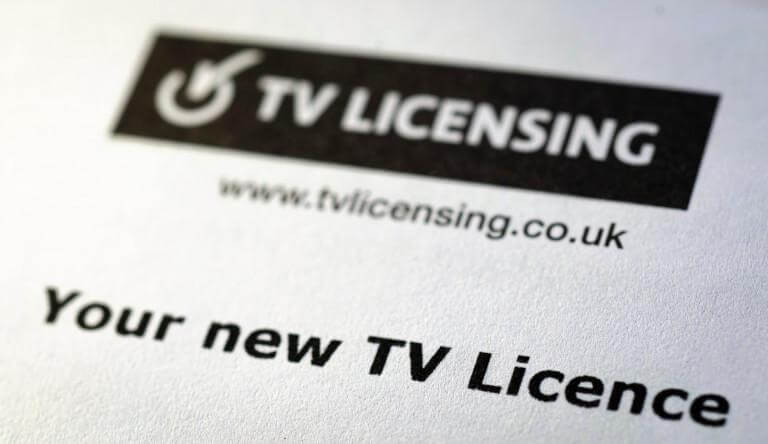Culture Secretary confirms the licence fee will be unfrozen in April 2024, leading to the first price rise in two years.
- Review in to future of TV licence, with BBC expected to move to alternative means of funding from 2027/28
The annual cost of a TV licence will be £169.50 from April 2024 – the equivalent of an additional 88p per month or nearly 6.7% more than the current rate of £159.
The Government says it’s limiting the price rise in recognition of the cost of living crisis affecting households. That’s despite permitting inflation busting bill increases across a variety of services and raising the tax burden to the highest level in decades.
The two year freeze imposed by former Culture Secretary Nadine Dorries resulted in dramatic cutbacks to BBC News and BBC Local Radio in England. A formula to be used to calculate the level of the licence fee from 2024 has also been scrapped by Government, who have chosen to use a different calculation to determine the rise.
As part of previous licence fee settlements imposed by the Government, some licence fee money is now used to fund Welsh broadcaster S4C and the BBC World Service. This means some World Service-related running costs come at the expense of the BBC providing local and regional services in the UK.
The Government has also announced a review of future BBC funding. The review will explore the sustainability of the BBC’s current licence fee model, and build an evidence based understanding of alternative models for funding the BBC. The review will be supported by analysis which will include externally commissioned research.
Current Culture Secretary Lucy Frazer said:
“This is a fair deal that provides value for money for the licence fee payer while also ensuring that the BBC can continue to produce world leading content. We know family budgets are stretched, which is why we have stepped in again – following two years of licence fee freezes – to reduce this year’s increase to less than a £1 a month. But this settlement has highlighted other challenges faced by the BBC with the changing media landscape making the battle for audiences more competitive and the number of people paying the licence fee decreasing. This raises fundamental questions as to sustainability of the current licence fee system. So we are also launching a funding review of the BBC that will take a forensic look at the licence fee, and whether a reformed funding model could better support our national broadcaster to remain sustainable and affordable for audiences while driving growth in our creative industries. I want a thriving BBC, supported to inform, educate and entertain and this funding review will help us make sure we can deliver this for decades to come.”
Unprecedented intervention
Since 2010, the BBC has faced unprecedented levels of intervention regarding its funding. Previously its funding was reviewed every ten years as part of its Royal Charter renewal. In the last 13 years, it’s faced additional reviews and been forced to cover the cost of a variety of extra services and benefits, reducing the amount available for core BBC services. Critics have said this has enabled Government to have tighter control of the corporation’s news output.
Alternative funding arrangements could allow the BBC to be freed from Government decisions on how much the BBC can earn. However, a completely free market solution, i.e. a privatised BBC, would result in loss of indirect control over the broadcaster. The Government can currently nominate preferred candidates for key positions at the BBC.

